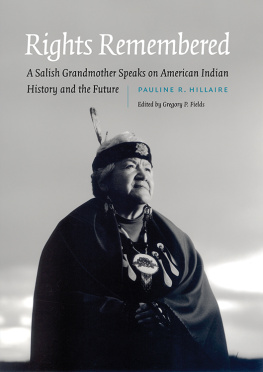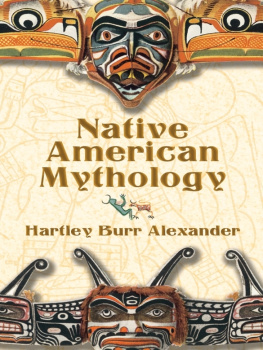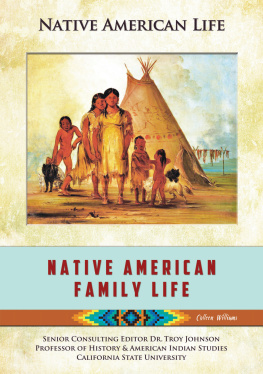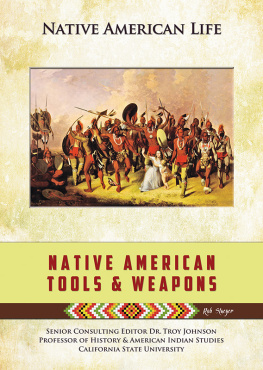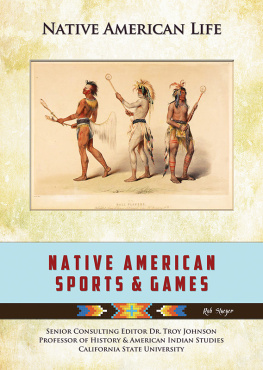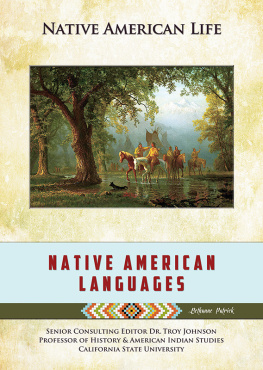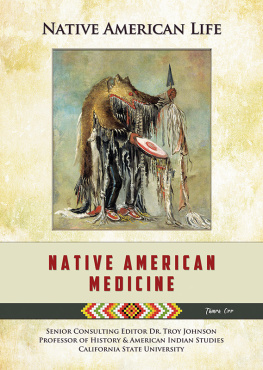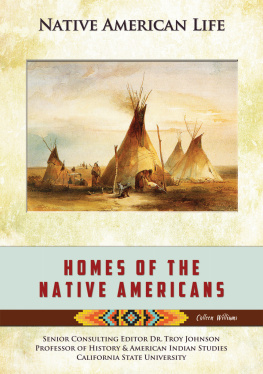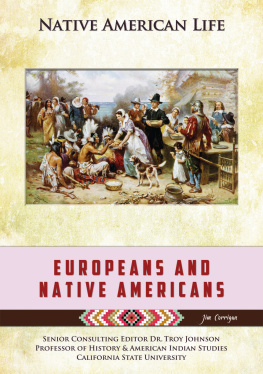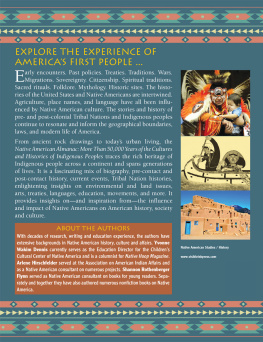Charleston, SC
www.PalmettoPublishing.com
Karankawa Kadla - mixed tongue
Copyright 2021 by Alexander Joseph Perez
All rights reserved
No portion of this book may be reproduced, stored in a retrieval system, or transmitted
in any form by any meanselectronic, mechanical, photocopy, recording, or otherexcept
for brief quotations in printed reviews, without prior permission of the author.
First Edition
ISBN: 978-1-63837-500-5
dedicated to my ancestors
to my family
and for generations to come
The missionaries learned only enough Native language to carry out their agenda of converting and controlling their subjects by coercion, force and fear. Often learning from the children first because their vocabulary was simpler to understand. Gaining trust by the offering of goods, as would have been the customary practice of doing so. After much hostility came to our lands, what is now called Texas and Northwest Mexico, many of our native peoples sought out the missions as sanctuary from hostile forces of Spanish soldiers who had set out to enslave them during the period of the Spanish Conquest that overtook our ancestral homelands. The native language records of Texas missions and other sources are sparse, but had it not been for them, even these words of my ancestors would have been lost forever. Those records, documented collections made by John R. Swanton and Albert S. Gatschet in the languages of The Karankawa, Chitimacha, Atakapa, Coahuilteco, Cotoname, Comecrudo and others. Without the efforts by they and others like them, this endeavor would have been futile.
This body of work was originally intended for my relatives and tribal group, Karankawa-Kadla, we are several families that maintain our familys connection to the gulf of Texas and its coastal plains peoples. We are direct descendants of the original peoples of the gulf coast of Texas. We, as others, were orphaned from our language and cultural heritage for a very long time and this is my way to give back to my relatives. But it is also for others who might understand the importance that it might serve The People and the land in a good way. This language compilation reflects our survival through the inter marriage of our peoples. By speaking the words of our ancestors we reconnect with them and bring about a much needed healing to our ancestral lands and to ourselves, as the memory of our people is kept alive through language.
My hope is to address the traumas of our history in order that other souls might find peace. A great many ailments that we face in our modern society and within our family clans are most often associated with traumas of the past. There are many forgotten relatives who have perished in tragic ways which are held earthbound, and their experiences are relived and influential to others experiences upon the land. Many of our ancestors spirits are still here. By speaking our language(s), we breathe life back into those words and we have the opportunity to bring about our collective healing and aid in sending lost souls home.
In many cultures throughout the world there is a long held belief that everything is recorded. Stored within its archives of space and time, a memory bank of all that is and ever has been. My personal journey has shown me some ways in which we subconsciously draw from this source. Creating, or co-creating, through a mysterious interaction between worlds. Whether through some genetic coding of our ancestry, personal souls journey, or by the fractal symmetry all around our inter-dimensional landscapes. I expect all of the above as things often have many reasons for being.
Much information is passed through light at conception. Some individuals find it within their nature to receive this information from somewhere that is not easily defined. In this process of living we sometimes walk trail ways that we believe to be only our own, but we are never alone. If we could be relieved of our limitations and increased in our insights we would find that our ancestors walk among us, guiding us. In this way I found my own feet traversing and my soul consciousness channeling the memories of the land on which I spent my earliest memories on a barrier island off the coast of Texas in the land of my ancestors. This body of work is a result of that guidance.
In the process of European expansion and invasion, a great void was created on this land mass whereby her original peoples suffered so much loss that it generated a vacuum of tragedy. This work is intended to serve as an aid in the revitalization efforts of our language(s) and connectivity to the land, our ancestors and to one another.
Texas history falls short in the world of academia from the Native American perspective. With only oral traditions of a people in a rapidly changing paradigm, priorities shifted to self preservation rather than in the keeping of stories, belief systems, tribal affiliations and language. Out of survival the vast majority of Native people of our region would adopt or be prescribed a national identity as Mexican rather than remain a target of discrimination by the European transplants and powers at the time, especially once the expansion of the American colonies took foothold in our homelands.
I was born on Tuesday October 10th at John Sealy Hospital on Galveston Island in 1972, just before sunrise. My mother and father and grandparents, all but one, were born on the island as well. My fathers grandmother came from Corpus Christi Texas as a young girl while my mothers grandmother was born on the mainland close to Dallas. A town called Kauffman. I was fortunate enough to have known three of my great grandmothers. They all lived on Galveston Island. As did my cousins, aunts and uncles back then. Weve lived in more of those houses on the island than any family there today I would bet.
I was born with so much hair on my head that my maternal grandmother, Joyce Anderson, would say that I looked like a spider monkey. Later, monkey would become my first nickname after I climbed up onto the closet top shelf to eat my moms birth control pills that I thought they were candies, at two years old. Apparently, I was always climbing things and throughout the course of my life Ive maintained a physical prowess and agility.
1976 4 years
All of my life I found myself tied to this ancestral conduit. Some genetic umbilical tether that held me tied to the memory of my people. Ive been a spiritually realized individual my entire life. From my first awakened state of conscious memory at four years old A day before starting kindergarten, I woke up from a nap and walked out into the living room. I stood alone in the middle of the living room. I was instinctively and deeply aware that there were loving eyes watching me from all around, observing me.
Though I couldnt see them, I was undeniably aware of their presence. I then bowed to all four directions to acknowledge them as I felt their presence and unconditional love all around me. That memory is still as vivid as though it were yesterday.


